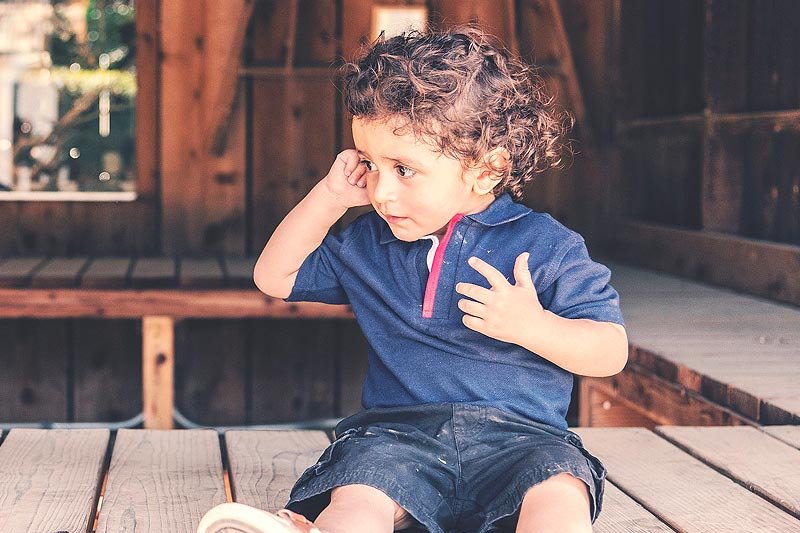Top Signs of Autism in Toddlers : How common is autism? More common than you think. According to the CDC, 1 in 59 children will be diagnosed with the disorder.
Perhaps even more interesting, however, is that boys are four times more likely to be autistic. Why? We don’t know for sure but it may be due to different biological factors.
Are you a new parent? Do you ever find yourself asking the question—”does my child have autism?”
If so, you’ve stumbled on the right page. We’ll be going over everything that you need to know below—including what to look out for.
Keep reading to learn more!
What Is Autism?
Autism spectrum disorder (ASD) is a developmental disorder that often begins in early childhood. More often than not, it affects an individual’s communication and social interaction.
With that said, the effects vary from person to person. Some people with ASD may require everyday support whereas others may be able to live independently. At the end of the day, it depends on where they are on the spectrum.
What Causes Autism?
The exact cause of autism is not clear. However, there are certain risk factors that contribute to the condition.
For instance, an individual will have a higher risk if they’re born to older parents. Exposure to certain environmental toxins can also increase the likelihood of the condition. Genetic mutations may play a role as well.
Diagnosing Autism
Autism can be difficult to diagnose compared to other conditions. Why? There is no medical test that allows doctors to make a definitive diagnosis. Instead, they have to look at a child’s behavior and development.
Generally speaking, symptoms will begin to appear between 12 and 18 months. However, most children won’t receive a final diagnosis until they are age 2.
Does My Child Have Autism? Warning Signs During Infancy
A healthy baby will look at you while they’re being fed. Those with ASD, however, tend to make limited or no eye contact at all. Not only that, but they will not respond even if their name is being called.
Instead, they will be more interested in objects. In addition to that, they will not make any babbling noises, nor will they respond to your cuddling.
Symptoms That Are Often Seen in Children
More often than not, symptoms will continue after infancy. Here are some things that you might want to look for.
-
Issues With Verbal Communication
Most children with autism will have issues with verbal communication—that is, they’ll have difficulty with speech. In some cases, they might not be able to use language at all.
Even if they are capable of talking, they probably won’t be able to hold a conversation.
-
Difficulty With Nonverbal Communication
Children with autism tend to have poor nonverbal skills. More often than not, they will not be able to understand body language. Similarly, they’ll have difficulty using gestures such as waving or pointing.
As a result, it can be difficult for them to make their feelings are known, which can lead to frustration. As a result, they might act out through vocal outbursts or other improper behaviors.
-
Repetitive Behavior
Children with autism tend to have obsessive behaviors. For instance, they might engage in repeated body movements such as hand flapping, scratching, or headbanging.
The same applies when they’re playing. For instance, they might have a habit of lining up their toys. On top of all that, they might repeat words that you say—this is called echolalia.
-
Poor Social Skills
Social difficulties are common among those with autism. More often than not, they will not know how to connect with others. As a result, most will not engage in group games.
If anything, they’ll be in their own world. Even if you talk to them, they will not talk back. Because of this, it can be difficult for them to make friends.
-
Sensory Issues
Many children on the autism spectrum will have difficulty processing sensory information. Compared to a normal individual, their senses will either be under or over-sensitive.
For instance, it’s not uncommon for them to be sensitive to certain sights, sounds, smells, or taste. Physical touch may also be uncomfortable for some.
More often than not, it can lead to stress, anxiety, even pain.
What to Do If You Suspect Your Child Has Autism
Schedule an appointment with your child’s paediatrician if you notice any of the above symptoms. If necessary, they will be able to refer you to a developmental specialist.
During that period, it might be a good idea to look into early intervention services. These programs will allow you to address any autism-related issues that your child may be experiencing.
Treatment Options for Autism
Unfortunately, there is no cure for autism. However, it is possible to manage symptoms with proper treatment. Take Blue Sprig Autism, for instance—they offer ABA therapy for those with autism.
As it is, however, the response will differ from person to person. Just because a certain treatment works for one individual doesn’t mean that it’ll work for another.
At the end of the day, you want to work with your child’s doctor to see what will work best with them.
Raising a Child With Autism
Hopefully, that helps you answer the question of “does my child have autism”. As you can see, there are various symptoms to watch out for during their development. When in doubt, consult with your paediatrician!
Do you have a child with autism? What’s your experience been like? Let us know in the comments below!
Related Videos about Top Signs of Autism in Toddlers :
Early Signs of Autism Video Tutorial | Kennedy Krieger Institute
Assessment and Intervention of Autism Spectrum Disorders
Autism early warning signs
https://www.youtube.com/watch?v=8WkM3Xt0ZnM
How Can You Tell if Your Child Has Autism?
Autism Symptoms and Behaviors – Home Video
10 Early Signs of Autism (UPDATED)
Autism Signs
Related Infographics about Top Signs of Autism in Toddlers :

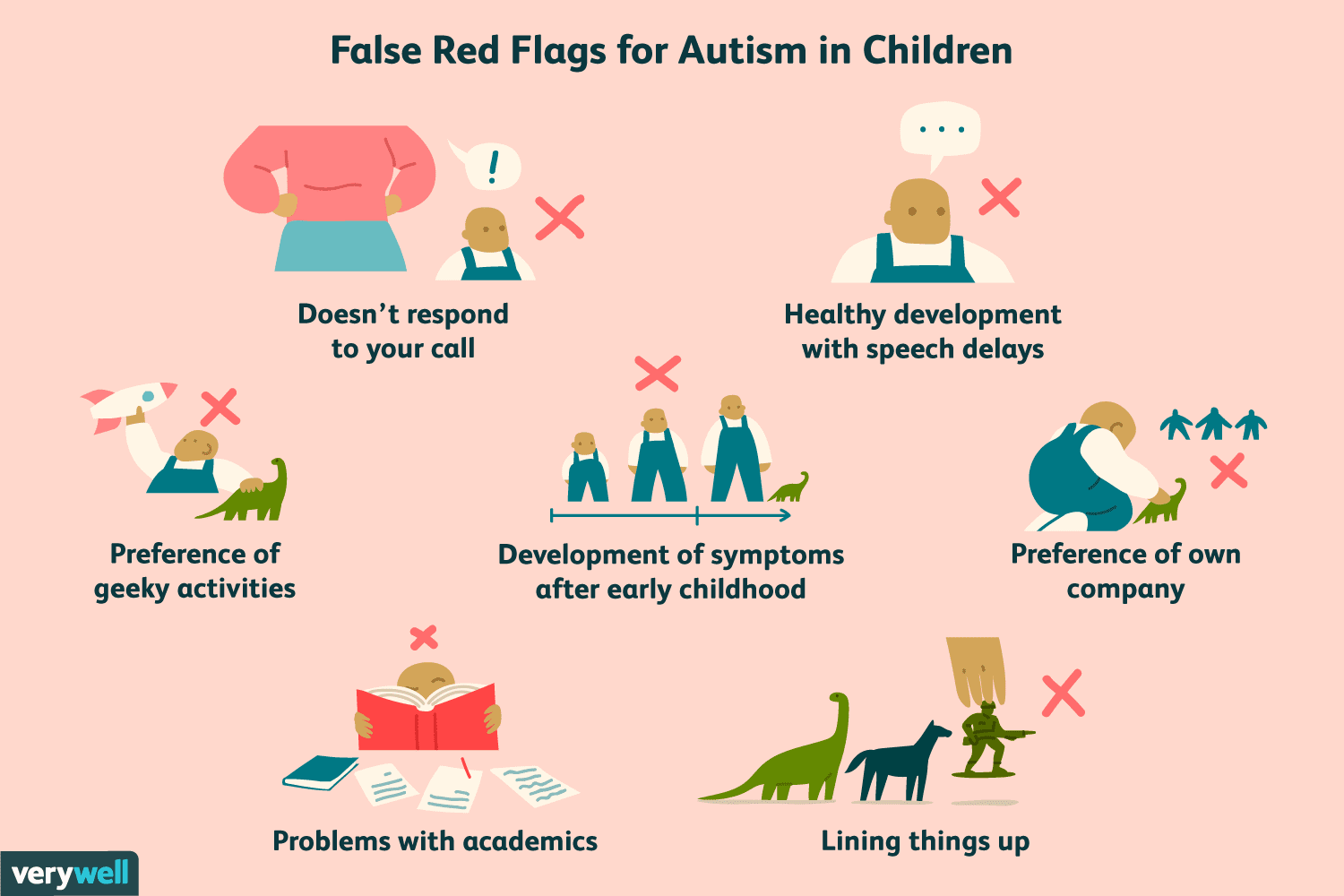
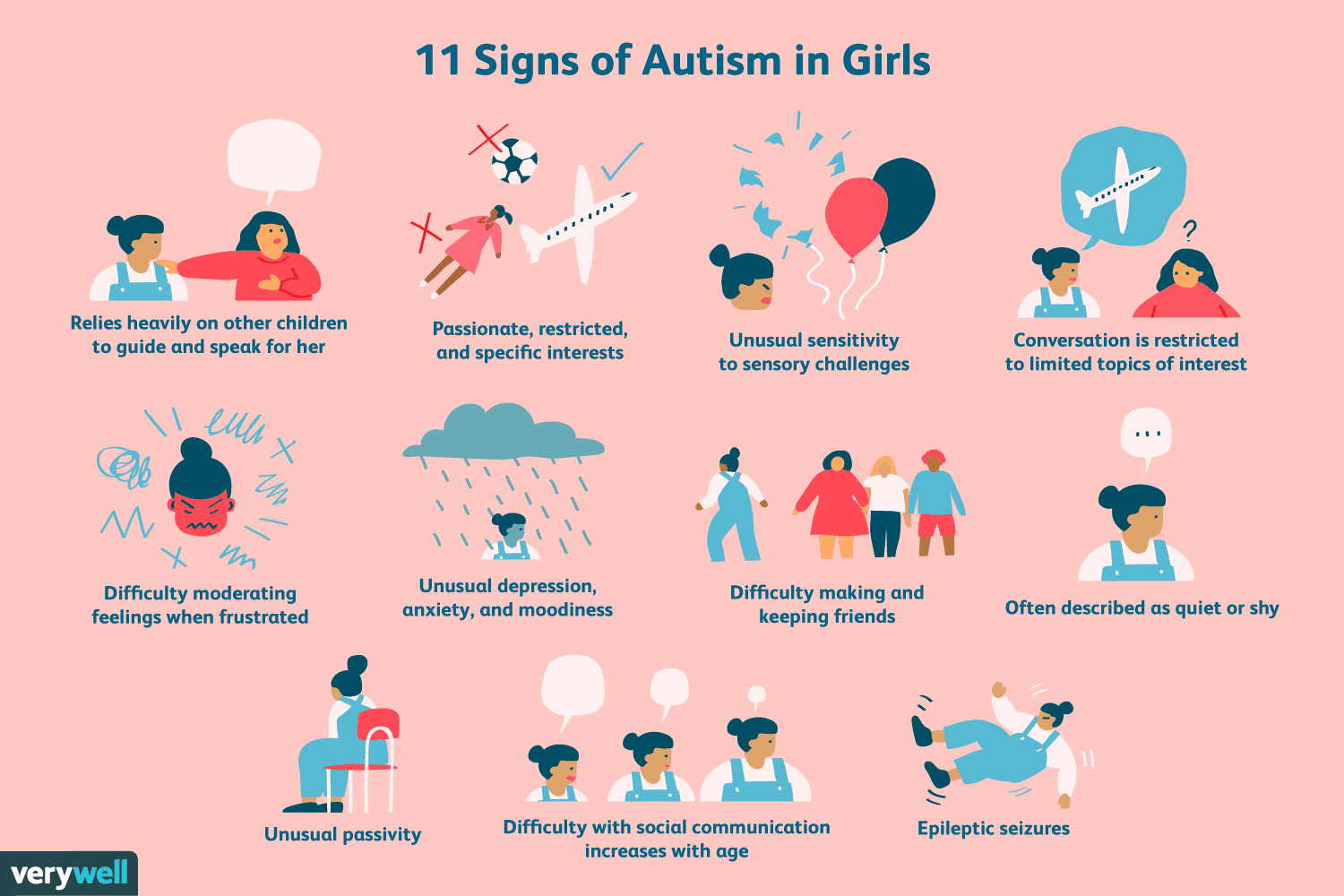
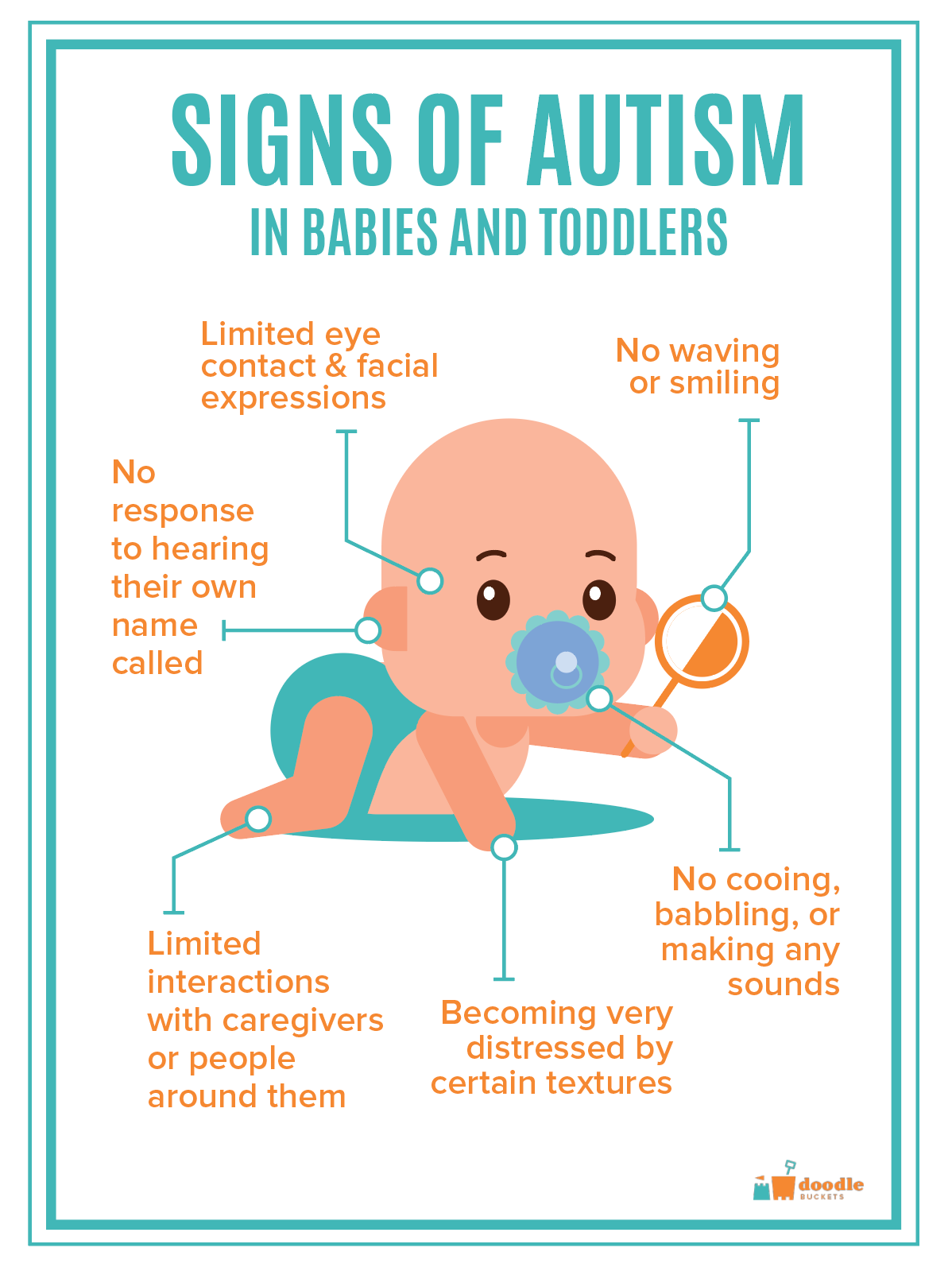

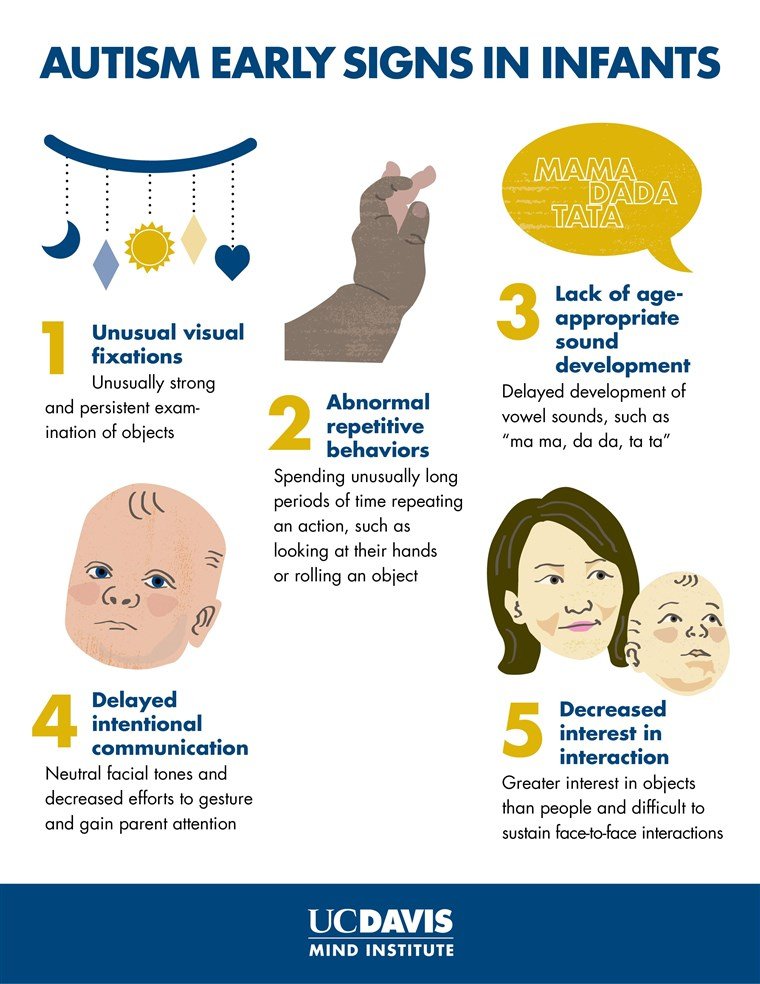
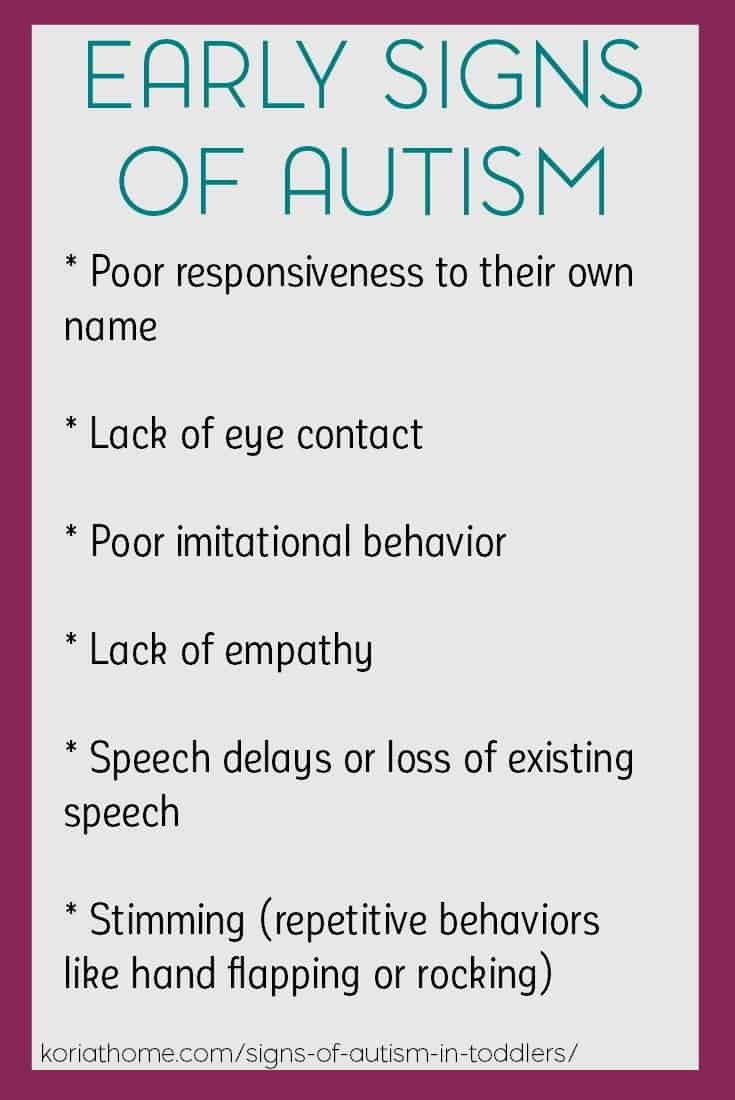
Top Signs of Autism in Toddlers
signs of autism in toddlers age 3, toddler autism test, signs of autism in toddlers age 2, signs of autism in toddlers age 1, signs of autism in 2 year old, signs of autism in toddlers age 4, autism symptoms checklist, signs of autism in 3 year old,




